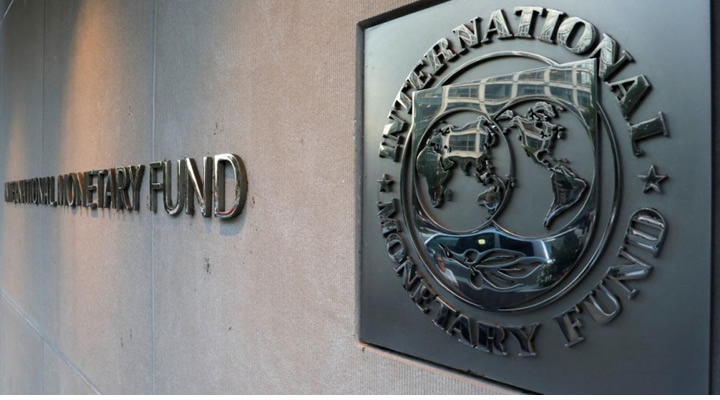
The failure to get emissions on the correct course by 2030 may lock global warming above two degrees and risk a catastrophic tipping point at which climate change becomes self-perpetuating, an International Monetary Fund report has stated.
The report titled “Support for Climate Action Hinges on Public Understanding of Policy” noted that the concern about climate actions alone does not translate into support for climate mitigation policies.
It stated, “A recent survey designed to better illustrate how people perceive the risks from climate change and their support for government climate action noted that those who were more concerned about climate change tend to be female, more educated, followers of news, and more accepting of the government’s role in regulating the economy. Data shows that public transport users and those that rely less on cars are also more concerned about climate change.
“Our survey of almost 30,000 people in 28 countries was conducted in July and August by market researcher YouGov. The survey covered advanced and emerging economies and included 20 of the top 25 emitters as well as nine of the 25 countries most exposed to climate change.”
According to the report, while governments have ambitious goals, the world has yet to be on track to contain global warming to 1.5 to two degrees Celsius, adding that public support for climate action relies on policy awareness.
“Our survey shows that providing even small amounts of information on policy efficacy and benefits including co-benefits, such as improved air quality and better health can engender greater support. This support, however, may be short-lived if policy tradeoffs are not made explicit, highlighting the importance of ensuring the public understands the relative costs and benefits of available policy options.
“Some of the most economically efficient policies, such as carbon pricing based on the content of fuels or their emissions, often face political resistance. Importantly, the survey highlights that climate concern alone does not translate into broad support for carbon pricing policies such as carbon taxes or emissions trading systems.”
The report further advised that subsidising green investments was very crucial.
“Carbon pricing is more acceptable when presented along with information about the impact of climate change, how pricing works, and options for using the revenue it generates. Notably, people are more supportive of the policy if the revenues it generates are used to shield economically vulnerable groups from the adverse impact of climate policies.





